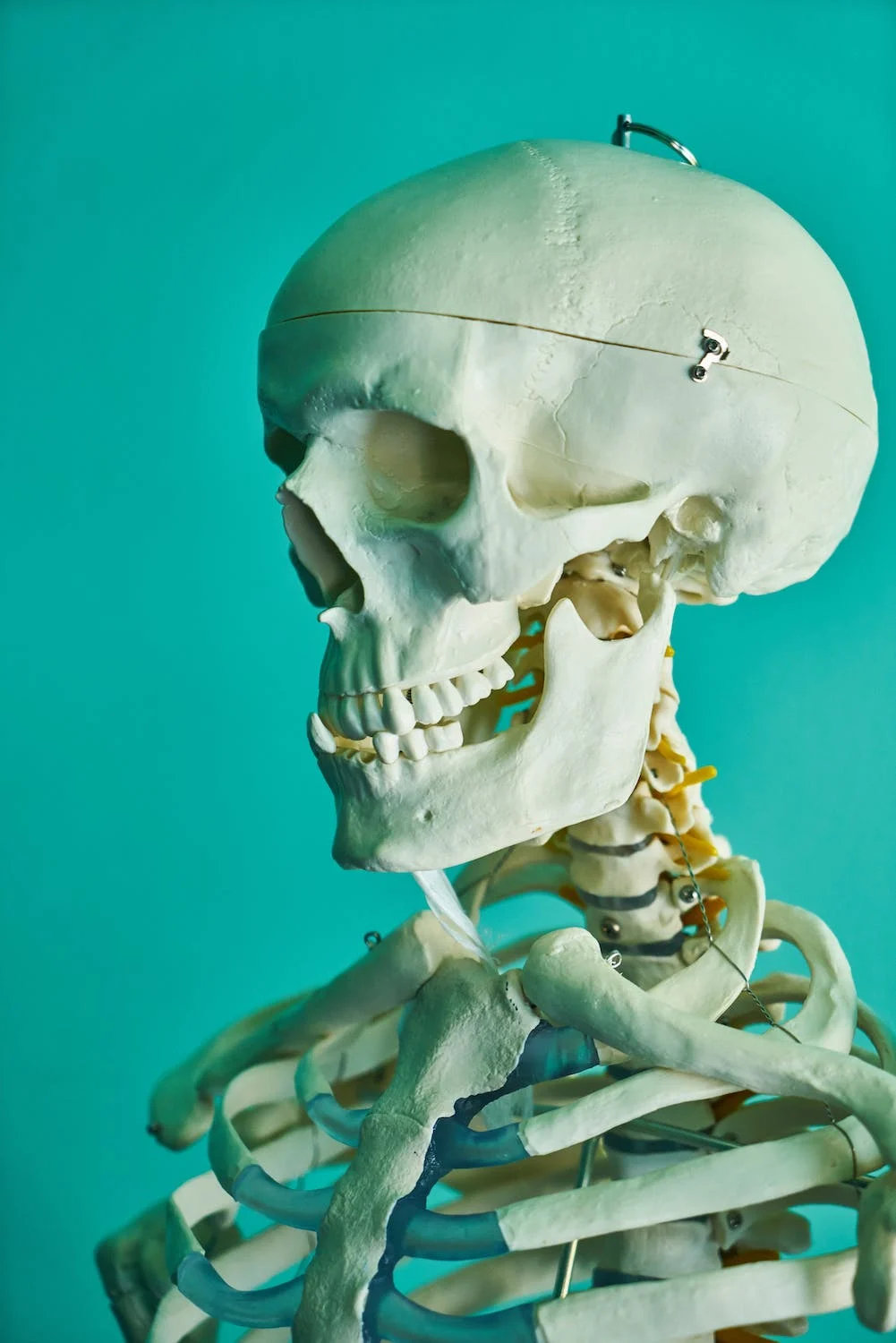Suite 3, Ground Floor, The Gateway,
312 St Kilda Road, Southbank, VIC, 3006
Ouch my jaw!

Temporomandibular disorder (TMD) refers to a group of conditions that affect the temporomandibular joint (TMJ), which is the joint that connects the jawbone to the skull. TMD is a relatively common condition and can affect people of all ages. It can cause pain, discomfort and dysfunction in the jaw joint and the muscles controlling jaw movement.
What contributes to TMD?
- Bruxism – habitual teeth grinding or clenching, especially during sleep
- Stress and muscle tension – high levels of stress can cause increase muscle tension in the jaw, face and neck
- Dental procedures
- Trauma or injury to the jaw or face, e.g., a direct blow to the Jaw
Common signs of TMD
- Jaw pain or discomfort – at rest or when you are using your mouth
- Changes to jaw movement – difficulty fully opening your mouth or deviation in movement
- Facial pain – tenderness in the temples, jaw or around the ear
- Headaches – particulalry around the temples or behind the eyes
- The muscles controlling your jaw may feel tight or stiff
- Ear symptoms like pain, fullness or achiness
What can you do?
If you feel like the above information relates to you, then you can start by trying a few of these helpful relief strategies:
- Postural modifications – change your sitting position frequently and take short breaks from the computer or ipad to help reduce strain on the jaw.
- Gentle neck stretches can help reduce muscle tension
- Take note if you clench your jaw throughout the day, or if you are pressing your teeth into your tongue. Try to rest your tongue on the roof of your mouth
- Relaxation and breathing exercises can help reduce stress levels
- Seek advice from your physiotherapist
Physiotherapy for TMD
Physiotherapy plays a significant role in the management of TMD by addressing the underlying causes, reducing pain, improving jaw mobility and promoting overall jaw health.
TMD symptoms vary from person to person. We are here to help by providing the most appropriate treatment plan based on a detailed examination tailored to your specific needs.
Letitia

